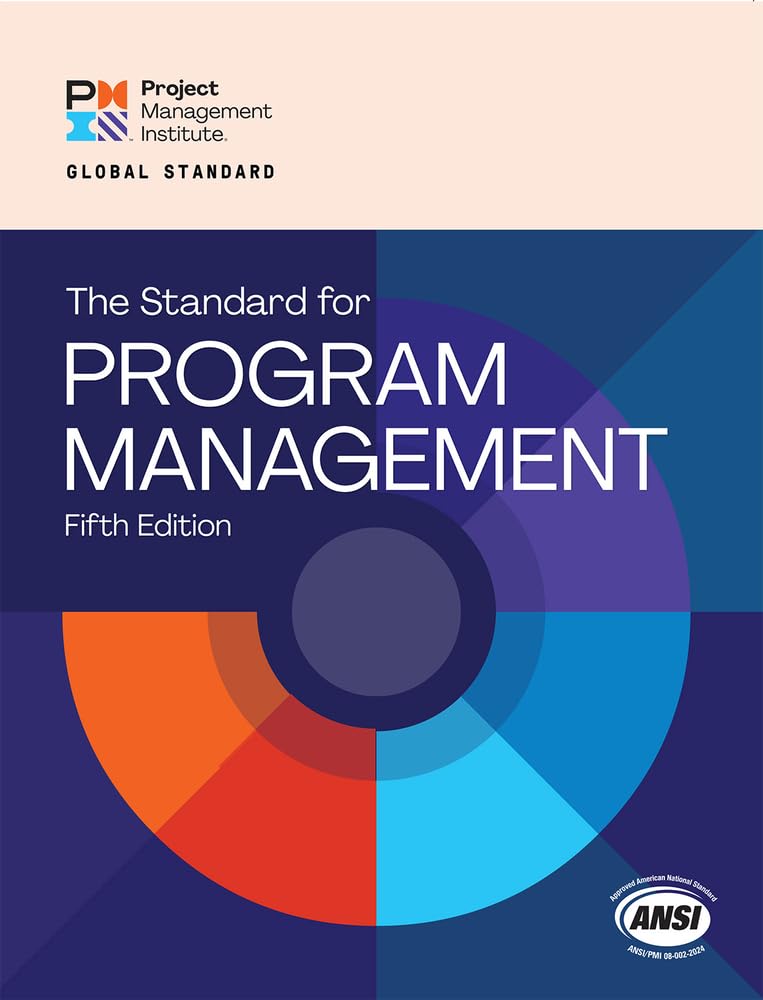
Program Management
What is Program Management?
Program management is the coordinated oversight and leadership of a group of related projects that align with strategic business goals. A program manager ensures that these projects deliver value when managed collectively rather than individually. This discipline involves planning, monitoring, and guiding multiple projects, while also managing risks, resources, and stakeholder communication at a higher level than project management. The focus is not just on delivering individual project outputs but on achieving broader outcomes and long-term benefits.
Program management bridges the gap between organizational strategy and project execution. It supports the alignment of efforts across different departments or teams, ensuring that the combined results of all projects contribute to business success. Unlike project management, which has a fixed scope and timeline, program management is more flexible and adaptive, often evolving as business needs change.
Key Points
- Involves managing multiple related projects under a single coordinated structure.
- Focuses on long-term benefits and strategic alignment rather than short-term project deliverables.
- Program managers handle cross-project risks, resource allocation, and stakeholder engagement.
- Success is measured by the overall value and outcomes delivered, not just individual project performance.
- Programs may continue over an extended period, adapting to changes in business direction or market needs.
Related Terms
- Project management involves planning and executing a specific project with clearly defined objectives, scope, and timeline.
- Portfolio management involves selecting and overseeing a collection of projects and programs to achieve broader business objectives.
- Benefits realization ensures that program execution achieves desired outcomes and business value.
- Stakeholder management plays a crucial role in program success by maintaining engagement and communication with individuals or groups that are affected by the program.
- Risk management in programs focuses on identifying and mitigating threats that could impact multiple projects within the program.
Program Management: Example
A national healthcare organization launches a digital transformation initiative. This program encompasses several projects, including the upgrade of electronic medical record systems, staff training in digital tools, enhanced cybersecurity measures, and the development of a mobile patient app. While each project has its own manager and timeline, the program manager ensures all efforts align with the organization’s long-term goal of delivering more efficient, patient-centred care.
Program Management: Best Practices
- Align all projects with clearly defined strategic objectives.
- Maintain strong communication across project teams and stakeholders.
- Monitor interdependencies and adjust plans as needed to manage risks and resources.
- Establish consistent reporting frameworks to track progress at the program level.
- Focus on delivering business value, not just project outputs.
Additional Resources
Preparing for a PMI certification?
- Exam Prep Courses: PMP®, CAPM®, and PMI-ACP®
- Exam Simulators: PMP®, CAPM®, PMI-ACP®, PMI-PBA®, PMI-RMP®, PMI-SP®, PgMP®, and PfMP®
- Professional Development Units (PDUs): 15, 30, and 60 PDU Bundles




